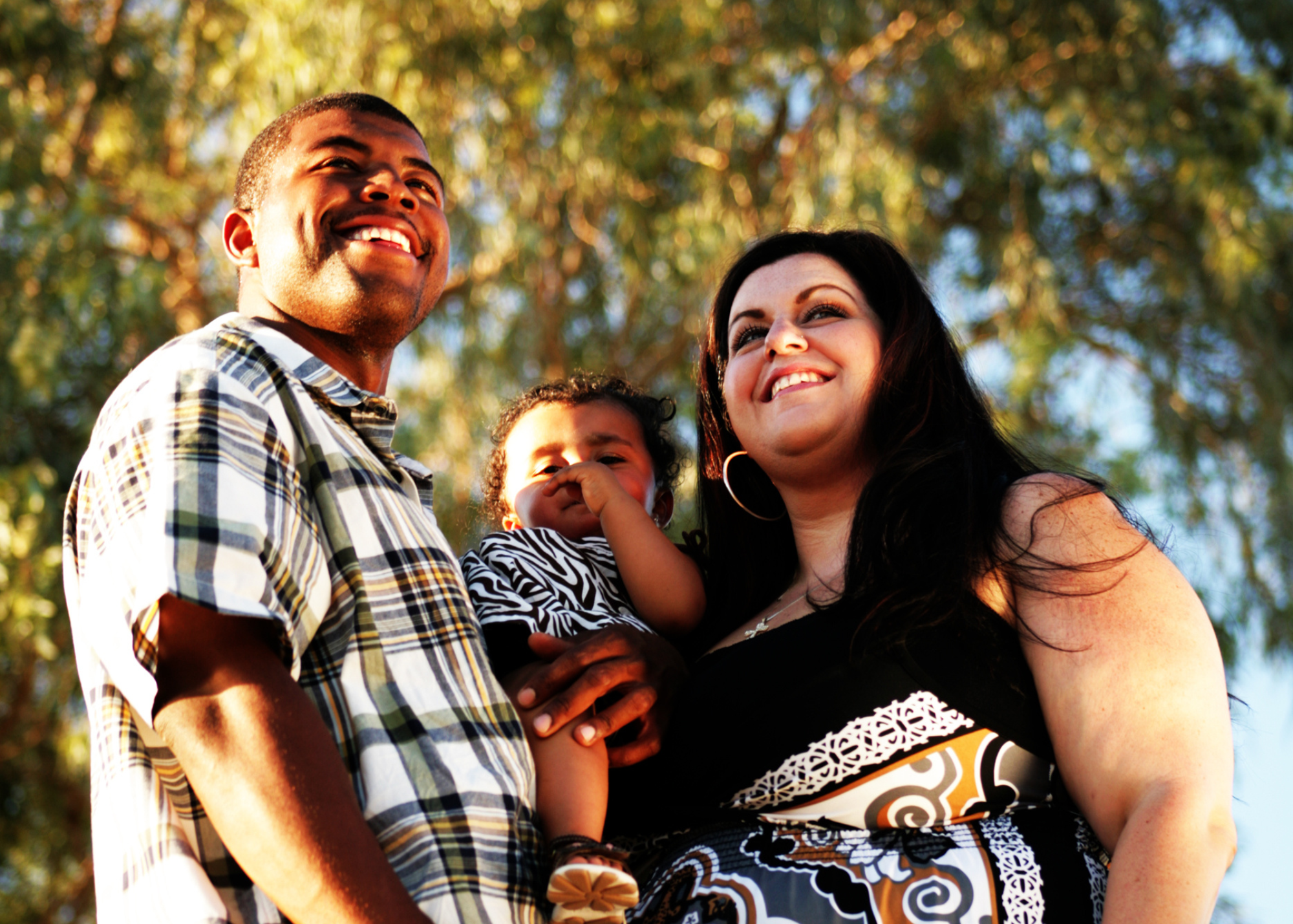Mental Health
The Community Health Division's Office of Community Services is a Single Point of Access (SPOA) for services offered through the New York State Office of Mental Health.
Mental Health Services for Adults
Adult Single Point of Access
Single Point of Access (SPOA) aims to remove barriers to successful community living for adults with serious mental illness and aims to create a more cohesive and better-coordinated housing system. SPOA establishes a uniform process for receiving and evaluating referrals, matching individuals to the services they need, triaging access so that those most in need receive priority access, and monitoring results while in housing care.
A service provider is assigned based on the type, level, and availability of the service requested.
SPOA applications must be completed by providers for individuals in need of housing. Complete the application online and submit it to the SPOA Coordinator in the Office of Community Services. The SPOA Coordinator reviews the application and determines if the application is completed. The SPOA Committee meets bi-monthly for final determinations.
Health Home Referral
A Health Home is not a place, it's a group of health care and service providers that work together and make sure you or a loved one has the care and services they need to stay healthy. For adults with a serious mental illness and in need of care management an application to the Health Home must be submitted. The Adult Behavioral Health Coordinator in the Office of Community Services can accept and send health home referrals to the appropriate agencies for a review and eligibility determination.
Assisted Outpatient Treatment Application
What is the Assisted Outpatient Treatment Application?
Assisted Outpatient Treatment, otherwise known as Kendra's Law, is meant for those individuals with a serious mental illness who are unable to safely live in the community. The AOT application must be submitted to the AOT Coordinator in the Office of Community Services. The AOT process involves a clinical review with a psychiatrist, a treating clinician, and a representative from the Mental Health Legal Service. If an individual is determined to be appropriate for AOT a petition is submitted to the court. The court has the responsibility of ordering the individual to comply with treatment that is identified in a treatment plan.
Assisted Outpatient Treatment Criteria
No person may be placed under an AOT order unless the court finds by clear and convincing evidence that the subject of the petition meets all of the following criteria:
- Is at least 18 years old; and
- Is suffering from a mental illness; and
- Is unlikely to survive safely in the community without supervision, based on a clinical determination; and
- Has a history of lack of compliance with treatment for mental illness that has:
- prior to the filing of the petition, at least twice within the last thirty-six months been a significant factor in necessitating hospitalization in a hospital, or receipt of services in a forensic or other mental health unit of a correctional facility or a local correctional facility, not including any current period, or period ending within the last six months, during which the person was or is hospitalized or incarcerated; or
- prior to the filing of the petition, resulted in one of more acts of serious violent behavior toward self or others or threats of, or attempts at, serious physical harm to self or others within the last forty-eight months, not including any current period, or period ending within the last six months, in which the person was or is hospitalized or incarcerated; and
- resulted in the issuance of a court order for assisted outpatient treatment which has expired within the last six months, and since the expiration of the order, the person has experienced a substantial increase in symptoms of mental illness and such symptoms substantially interferes with or limits one or more major life activities as determined by a director of community services who previously was required to coordinate and monitor the care of any individual who was subject to such expired assisted outpatient treatment order
- is, as a result of his or her mental illness, unlikely to voluntarily participate in the outpatient treatment that would enable him or her to live safely in the community; and
- in view of his or her treatment history and current behavior, is in need of assisted outpatient treatment in order to prevent a relapse or deterioration which would be likely to result in serious harm to the person or others as defined in ç9.01 of this article; and
- is likely to benefit from assisted outpatient treatment.
A court may not issue an AOT order unless it finds that assisted outpatient treatment is the least restrictive alternative available for the person.
Do you have questions about the Assisted Outpatient Treatment Application?
Contact the AOT Coordinator at 518-386-2218
Mental Health Services for Children & Families
Child & Adolescent Single Point of Access Application
What is C-SPOA?
Each local government in New York State has been asked to designate a Single Point of Access for Children and Families (C-SPOA) for mental health services. C-SPOA aims to:
- Reduce risk for out of home placement/hospitalization
- Develop strategies to assist children, youth and their families in their home communities using an individualized, strength-based assessment.
- Develop better decisions about individualized care planning for children at risk.
- Assist with linkage to appropriate services.
There are many supports and services available to all children, youth, and families in Schenectady County. C-SPOA services can be accessed by completing the following application.
The Children’s Behavioral Health Coordinator will review the application and request additional documentation if needed. Outreach to the family is then initiated to connect with the family to discuss their concerns, answer questions, and provide information about the services and resources that may be available to assist their family/child. After a level of care determination has been made regarding service eligibility, those services they are eligible for are reviewed and the family indicates which they are interested in being referred to. An acceptance letter reiterating what was agreed upon as well as information on things discussed in the meeting may also accompany that letter. Referrals are sent out and/or meetings are scheduled to move forward with accessing the support needed.

-dp7ylv.png)
-jsfm6h.png)
-2r9p4x.png)
-km2ife.png)
-d42hb9.png)
-wvt46q.png)


